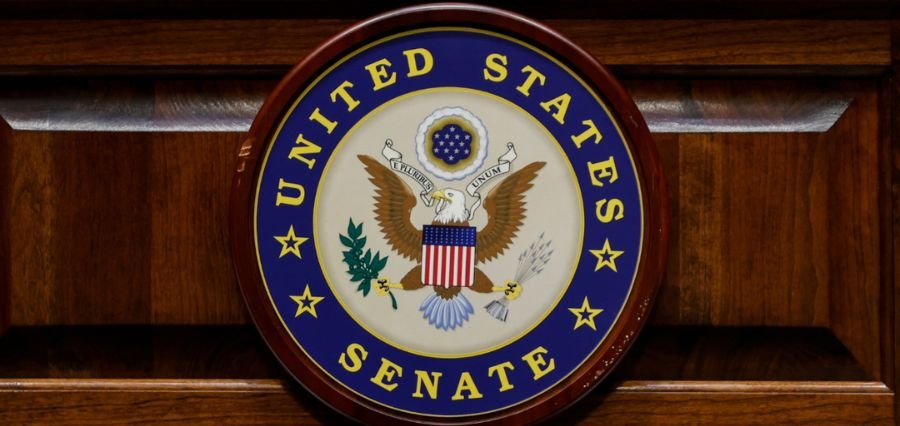Prime Highlights
- The U.S. Senate passes a $9 billion rescission bill, largely cutting foreign aid and public broadcasting expenditures.
- The legislation must receive final House passage and President’s signing by Friday to take effect.
Key Facts
- Foreign aid programs have an estimated $8 billion cut off, and $1 billion of public broadcasting is cut off.
- The legislation passed 51–48 on deepening partisan and ideological divides.
Key Background
In its biggest budget move, the U.S. Senate approved a $9 billion rescission bill that seeks to withhold already spent government funds. The bill was proposed by President Donald Trump and supported by the Department of Government Efficiency (DOGE) led by entrepreneur Elon Musk. The legislative move is one of the largest firsts under DOGE’s aggressive cost-saving agenda.
The majority of the rescissions under proposal amounting to $8 billion aim at foreign aid distributed by programs like USAID. They aim at humanitarian and development programs in the majority of regions worldwide, causing alarm among global policy makers as well as humanitarian activists. The remaining $1 billion will be provided by the Corporation for Public Broadcasting, an organization that provides money to national and local news organizations like NPR and PBS. It is accused of dismantling access to impartial public information across the country.
Early drafts of the bill also provided for cutbacks in health programs, including $400 million from PEPFAR, a program that saved millions of lives from HIV/AIDS treatment around the globe. But opposition from moderate Republicans pushed it out, avoiding criticism for targeting an internationally admired health program.
The bill passed the Senate on party-line votes, 51 to 48. The sponsors cite the mandate for fiscal restraint and characterize the reductions as responsible reductions of unspent or duplicate appropriations. Critics say the bill chisels away at America’s soft power abroad and systematically erodes congressionally granted constitutional authority over spending.
It’s the first time in decades that a rescission package has been approved by the Senate. If signed into law by the President and approved by the House before Friday’s deadline, it would be a win for the Trump administration and DOGE—albeit not DOGE’s lofty $2 trillion savings objective.








